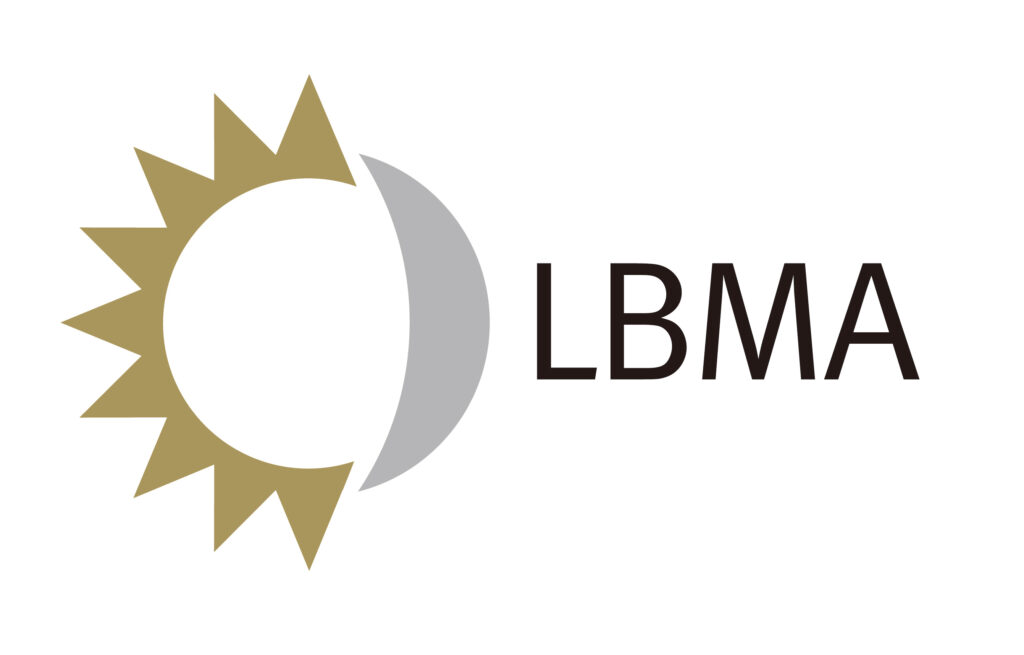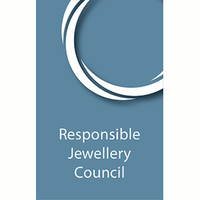Unfortunately gold extraction is not always sustainable. The dramatic problems in mining gold include environmental degradation, child labor, violations of human rights and the financing of terrorist groups.
To counteract these problems, the OECD has drawn up guidelines for the extraction of conflict-free precious metals. On this basis, institutions in the precious metal processing industry have developed concepts for implementing the OECD guidelines, which companies use as guidelines for checking their supply chains. The term „supply chain“ refers to the entirety of all processes, organizations, participants, technologies, information, resources and services that play a decisive role in each stage of the process – from mining to the end product.
For the jewelry and watch industry, these are in particular the RJC as well as the LBMA for the gold trading market.
Important framework conditions as well as fundamental differences between these certifications are explained below. Learn more about their benefits for companies and consumers.
What are the key requirements of the OECD directive?

Through the establishment of the OECD Due Diligence Guidelines*, the OECD has developed standards and recommendations for promoting responsible supply chains of minerals from conflict and high-risk areas. These refer to:
- compliance with human rights in the extraction, manufacture, transport and trading of precious metals
- crime prevention and conflict support through supplier relationships
What does LBMA stand for?

The London Bullion Market Association (LBMA) coordinates trading on the London Bullion Market – the largest over-the-counter physical gold exchange. Only gold bars from manufacturers that are LBMA-certified are admitted for trade. The focus is on the implementation of the OECD guidelines along the entire supply chain as well as measures aimed at preventing money laundering. These companies are listed as a certified supplier of gold bars in the LBMA Good Delivery list and have to undergo regular inspections and strict controls by independent auditors. As of April 2020, it comprises 72 ingot manufacturers, all of which must undergo regular laboratory testing (PAM*) to ensure that each member can demonstrate their ability to determine the purity of the gold.
* Pro-Active Monitoring – Analysis of an unknown sample issued by the LBMA.
What is the LBMA’s good delivery status?
The international „Good Delivery“ seal of approval status is a basic requirement for approval as a gold supplier and for the worldwide and unrestricted trading ability of gold bars. The certification requirements include the quality of the bars produced, the analysis methods used and the financial stability of the company, with all requirements being regularly checked by independent auditors.
The hallmark of the Good Delivery gold bars indicates the guaranteed purity, fine weight, manufacturer’s details and a registered serial number.
Above all, Good Delivery status offers companies and end customers security by ensuring that such gold comes from sources that are not guilty of human rights violations and have not supported criminal activities.
This status also guarantees the highest purity of the refined gold.
What is the RJC?

The Responsible Jewelry Council (RJC) is an international association of companies in the jewelry and watch industry along with their suppliers. The association, which is based in London, has existed since 2005 and currently has 102 CoC-certified members as of April 2020. It aims to promote an ethically, socially and environmentally compatible human rights-compliant corporate policy.
The RJC’s standards are the Code of Practices (CoP) and the Chain of Custody (CoC).
What is CoP and how does it compare to CoC?
The Code of Practices (CoP) is a code of conduct; a declaration of commitment by all RJC member companies to comply with four standard principles of entrepreneurial practice regarding:
Business ethics:
- Prohibition of corruption, smuggling, embezzlement and kickbacks; Ban on money laundering and terrorist financing; Certification according to the criteria of the Kimberley Process to ban conflict and war diamonds; Product safety and integrity.
- Compliance with human rights and social responsibility in accordance with the UN Human Rights Charter and the UN Convention on the Rights of the Child.
Environmental responsibility:
- Environmental Protection; Dealing with hazardous substances, waste and emissions as well as the use of energy and natural resources.
Management systems:
- Binding to existing legal bases, corporate policy and business relationships.
The Chain of Custody (CoC) also formulates the requirements for these basic principles along the entire supply chain – i.e. the customer and supplier relationships of a company.
What requirements does a company have to meet in order to be listed with the RJC-COC?
The listing of a company as a CoC-standard first requires membership with the RJC and the associated voluntary commitment of the company to the CoP.
In addition, every CoC-certified company must demonstrate a management system that ensures the complete and detailed documentation of a conflict-free supply chain.
What are the costs of the CoC certification?
Compliance with and documentation of a conflict-free supply chain requires increased effort. For example, it requires an extensive testing process to assess suppliers. A closed material flow is also necessary to prevent mixing with non-certified material. This process has to be consistently ensured from the receipt of goods, through the precious metal separation to further processing and logistics. This effort is covered with an individual surcharge for CoC material.
What is the difference between LBMA and RJC?
LBMA regulates the responsible handling of the supply chains for gold and silver bars.
The RJC corresponds to the entire supply chain for precious metals and stones for the jewelry and watch industry.
Who requires LBMA and RJC-COC standard products?
LBMA-certified products are particularly important for international precious metal trading. They define a reliable standard for buyers and dealers.
CoC material is in demand from the entire supply chain of the RJC-certified jewelry and watch industry. To ensure a consistently documented material flow, this affects every individual in the supply chain.
What is the advantage of compliance with these standards for manufacturers of bars, semi-finished products, jewelry and watches?
The conditions under which German and international companies produce are increasingly becoming the focus of stakeholders and the general public.
Companies that ensure respect for human rights and the protection of the environment, as well as avoid conflict sources, not only assume social responsibility, but they also achieve economic benefits long term.
Risk minimization is an important factor here since compliance with the standards prevents the risk of production downtimes due to strikes, environmental pollution, legal disputes and all associated costs.
Furthermore, the reputation of a company, the brand value and the market share increase not only for end customers who directly contribute to sales through their purchase decision, but also for business partners who increasingly include how sustainable a company is in their investment decisions.
What advantage do companies in the entire supply chain have from adhering to these standards?
In addition to the advantages already mentioned for their own company, compliance with said principles is the basic requirement to become part of the supply chain for CoC-certified companies – in short, to be approved as a certified supplier.
What are the benefits of complying with these standards for consumers?
Consumers can be sure that they have purchased ethically and ecologically harmless products as the standard guarantees that no human rights were violated, terrorism or war was not supported nor was the environment destroyed in the production of the purchased products.
How is it implemented in practice?
The certifications listed are important in the international precious metals industry. Many well-known jewelry and ingot manufacturers only work with certified precious metal suppliers.
C.HAFNER has been CoC and LBMA certified for many years. Both the LBMA listing and the CoC standard require a management system that ensures careful checking of the supply chain.
At C.HAFNER, each supplier is subjected to the following:
1) Obtainment of a supplier declaration whereby the supplier must declare that the LBMA/CoC guidelines are being followed.
2) Verification of the supplier via business management information systems.
3) Inspection of goods and materials upon receipt.
In order to exclude mine material, C.HAFNER only processes secondary gold, which can be determined analytically. Other material will be rejected.
